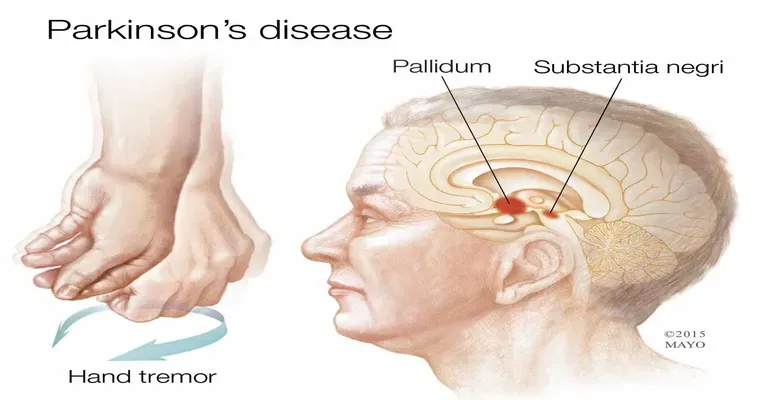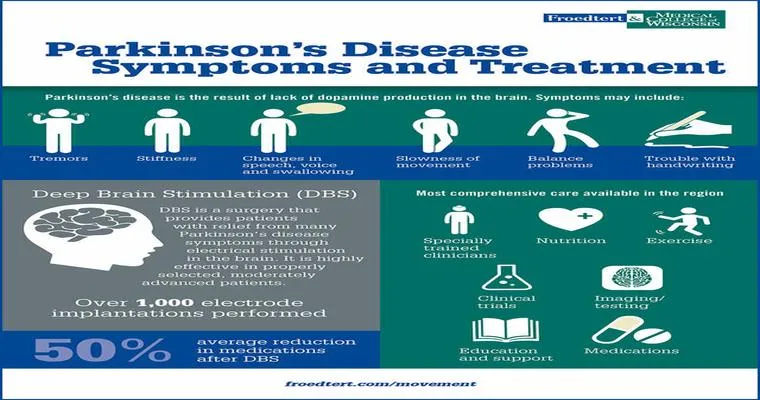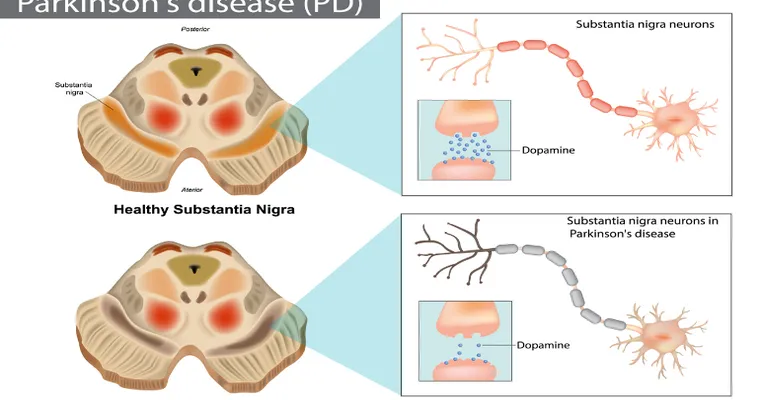Parkinson’s disease is a progressive neurological disorder that affects movement and can lead to various "symptoms" such as tremors, stiffness, and balance issues. One of the most pressing questions for individuals diagnosed with this condition is, "how long can a person live with Parkinson’s disease?" The answer is not straightforward, as it varies significantly from person to person, depending on multiple "factors" including age, overall health, and access to medical care.
Understanding Parkinson’s Disease
Parkinson’s disease is characterized by the degeneration of dopamine-producing neurons in the brain. This loss of dopamine can impact motor control and contribute to the various "motor" and "non-motor" symptoms associated with the disease. While there is currently no cure for Parkinson’s, many treatments are available to help manage symptoms and improve quality of life.
Average Life Expectancy
Research indicates that the average life expectancy for individuals diagnosed with Parkinson’s disease is generally similar to that of the general population, particularly when considering those diagnosed in their 60s. However, it is essential to note that some studies suggest that people with Parkinson’s may have a slightly reduced life expectancy compared to those without the disease. This reduction in life expectancy can be influenced by "complications" related to Parkinson’s such as falls, pneumonia, and other health issues.
Factors Influencing Longevity
Several "factors" can influence how long a person can live with Parkinson’s disease:
1. "Age at Diagnosis": Younger individuals diagnosed with Parkinson’s often have a better prognosis than older individuals, as the disease may progress more slowly in younger patients.
2. "Overall Health": Pre-existing health conditions can impact longevity. Those with good overall health may experience a longer life span despite their Parkinson’s diagnosis.
3. "Response to Treatment": How well an individual responds to medications and therapies can also influence their quality of life and longevity. Effective management can lead to better outcomes.
4. "Lifestyle Choices": A healthy diet, regular exercise, and social engagement can positively affect both mental and physical health, potentially extending life expectancy.
5. "Access to Care": Regular medical check-ups and access to specialized care can significantly improve health outcomes for those living with Parkinson’s disease.
Quality of Life Considerations
While understanding the potential longevity associated with Parkinson’s disease is essential, it is equally important to consider the "quality of life". Many individuals with Parkinson’s can lead fulfilling lives with the right support and treatment. Engaging in physical therapy, occupational therapy, and support groups can help manage symptoms and improve daily functioning.
Conclusion
In conclusion, while the question of "how long a person can live with Parkinson’s disease" does not have a definitive answer, various "factors" contribute to individual outcomes. By focusing on effective management, healthy lifestyle choices, and strong support systems, individuals with Parkinson’s can not only extend their life but also enhance their overall quality of life. If you or a loved one has been diagnosed with Parkinson’s, it is crucial to work closely with healthcare professionals to tailor a treatment plan that best suits your needs.





